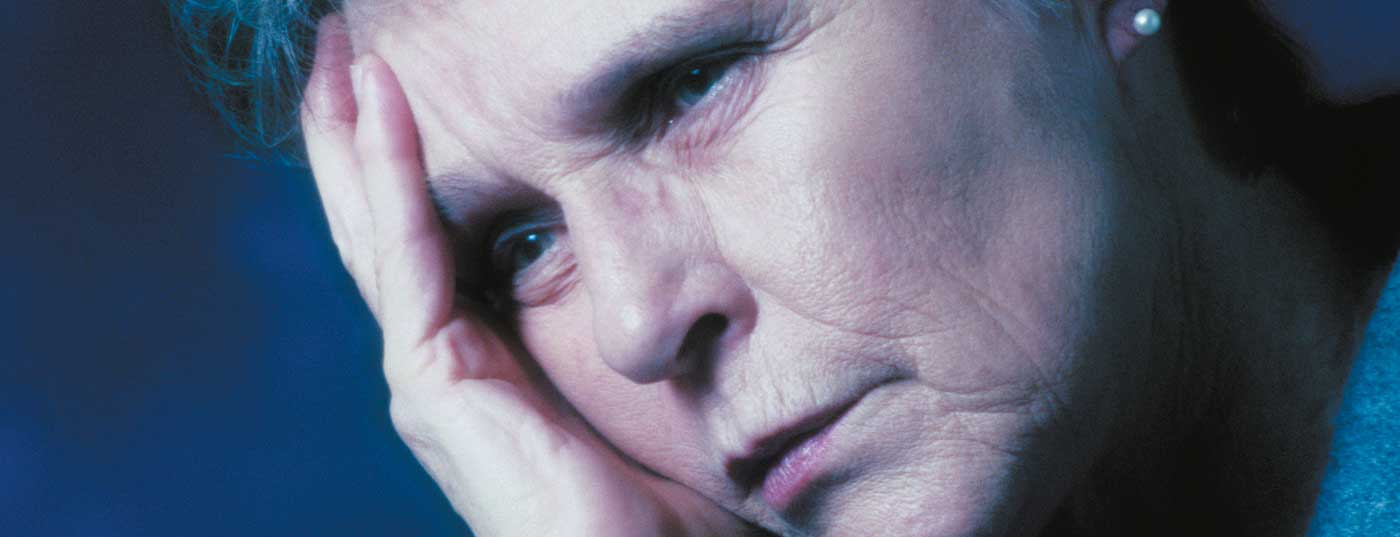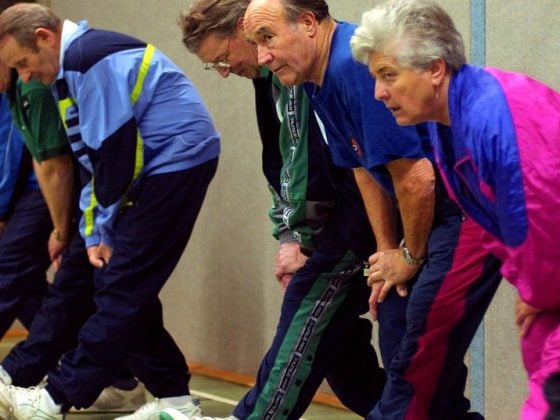Research question: Is mindfulness-based cognitive therapy (MBCT) superior to maintenance therapy with antidepressant medication in terms of effectiveness and cost-effectiveness?
Background
Several studies have shown that mindfulness is an effective skill for reducing stress. Mindfulness is intended to move the patient from the evaluative active role to the observer position by observing bodily sensations, feelings, and thoughts, and thus be helpful in recognizing automatic thoughts with the goal of more conscious experience and action.
The MBCT program has been successfully used in the treatment of depressive disorders, chronic pain, and relapse prevention for patients with substance use disorders.
Patients and methodology
The present publication is a randomized controlled trial of 424 patients (recruited from 95 general practices in the United Kingdom) who had experienced three or more depressive episodes and were receiving maintenance treatment with antidepressant medication at baseline. The first group took the medication during the entire observation period. The second group participated in a manualized eight-week MBCT program with four refresher days during the course. At the same time, support was offered to reduce or gradually discontinue medication.
Time to recurrence of depressive symptoms over a 24-month period was recorded and compared between the two groups.
Within groups, there were no significant differences in disease severity, medication, comorbidity, or gender. Exclusion criteria for participation in the study were the presence of a current major depressive episode, bipolar affective disorder, substance use, organic brain damage, psychosis, self-injurious behavior, antisocial behavior, and concurrent psychotherapy.
Results
No significant differences were found between the two groups in terms of time to recurrence and cost of therapy. In the MBCT group, 71% discontinued antidepressant medication and 17% reduced it. 24% of subjects in the medication group had no therapeutic dose. Only in patients with severe childhood trauma did MBCT reduce the risk of recurrence.
Conclusions of the authors
The authors conclude that MBCT is not superior to maintenance therapy with antidepressant medication in terms of relapse or cost-effectiveness, but MBCT offers an effective alternative to taking medication.
Comment
In clinical practice, the question often arises as to what alternative treatment options can be offered to patients with recurrent depressive disorder and a desire to reduce medication. According to this study, MBCT is a comparably effective method to maintenance therapy with antidepressants. As medicine continues to evolve toward personalized and individualized treatment, mindfulness-based cognitive therapy offers a good way to address the specific needs of individual patients.
InFo NEUROLOGY & PSYCHIATRY 2016, 14(1): 19.











